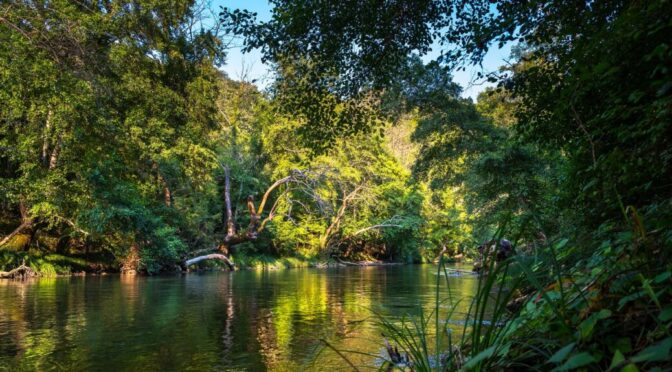By Yuanyuan Huang
Experimental studies in grasslands have shown that the loss of species has negative consequences for ecosystem functioning. Is the same true for forests? Huang et al. (2018) report the first results from a large biodiversity experiment in a subtropical forest in China. The study combines many replicates, realistic tree densities, and large plot sizes with a wide range of species richness levels. After 8 years of the experiment, the findings suggest strong positive effects of tree diversity on forest productivity and carbon accumulation. Thus, changing from monocultures to more mixed forests could benefit both restoration of biodiversity and mitigation of climate change.
Yuanyuan Huang is now an alumni of the PSC Science and Policy program and from University of Zurich. She received a fellowship from the European Union’s Seventh FrameworkProgramme, IDP BRIDGES, PITN-GA-2013-608422 to carry out her doctoral thesis. In a recent Nature paper she and her colleagues showed their scientific results on how tree diversity improves forest productivity.
Reference
Huang, Yuanyuan et al (2018).
Impacts of species richness on productivity in a large-scale subtropical forest experiment
Science 05 Oct 2018:
Vol. 362, Issue 6410, pp. 80-83
DOI: 10.1126/science.aat6405


